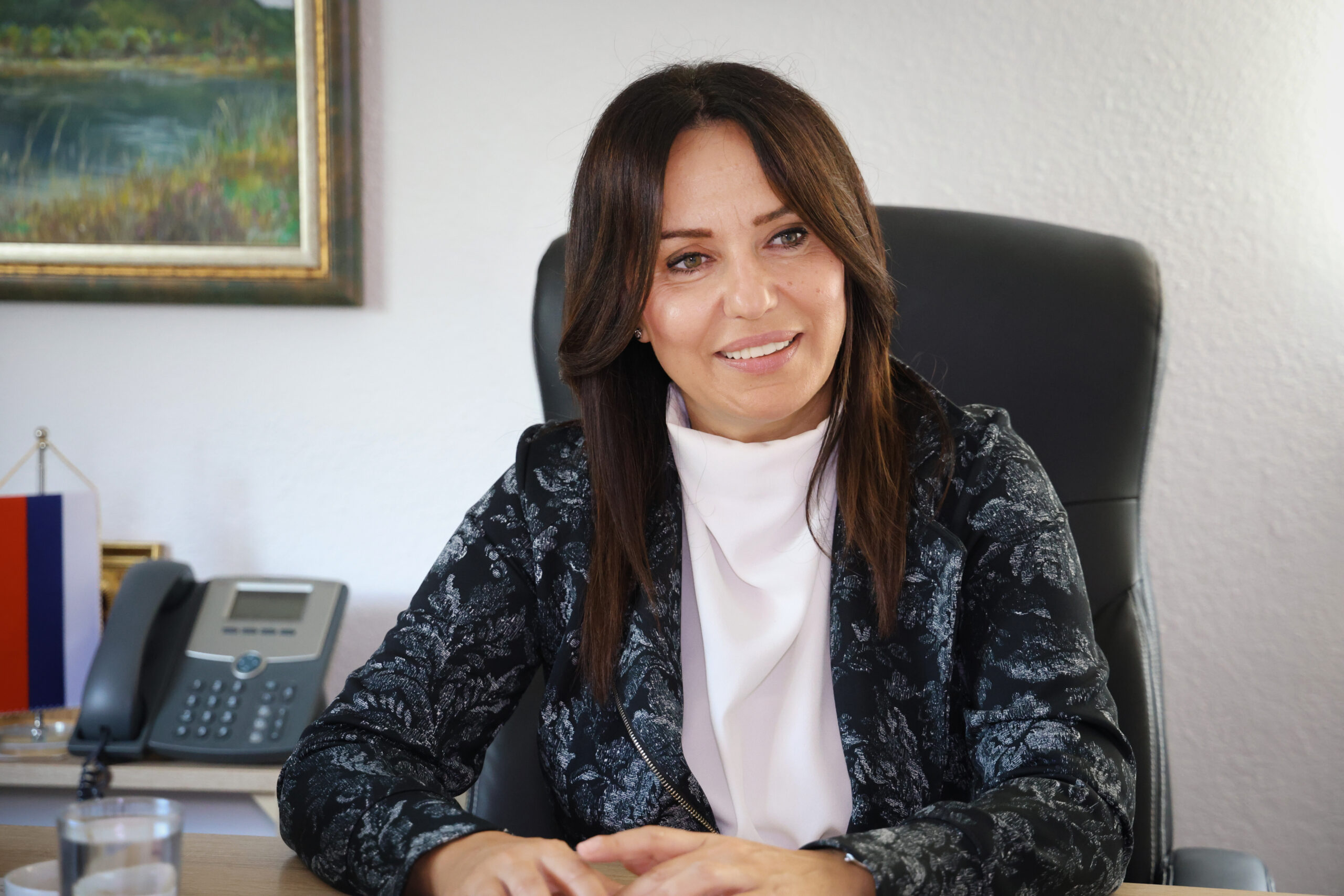In the first quarter of this year, Bosnia and Herzegovina exported 847 kilograms of honey worth 46,168 KM, while it imported 149,731 kilograms worth approximately 1.27 million KM.
The value of honey exports from BiH in the first quarter was nearly 10 times higher compared to the same period last year, the Foreign Trade Chamber of BiH told SRNA.
The quantity of exports also increased nearly tenfold, as only 86 kilograms of honey were exported during the first three months of last year.
The value of natural honey imports in the first quarter amounted to 1,273,903 KM, which is a 7.72% decrease compared to the same period last year.
A total of 44,860 kilograms less honey was imported compared to the first quarter of 2024.
Export coverage of imports during the first three months was 3.62%, while in the same period last year it was just 0.34%.
In the first quarter, BiH exported the most honey to Qatar, worth 36,432 KM, followed by Turkey with 2,228 KM, Germany with 1,029 KM, and Switzerland with 1,009 KM. Most of the honey was imported from Croatia (770,284 KM), Serbia (268,923 KM), and Turkey (234,401 KM).
In the first quarter of last year, the largest honey exports went to the United Arab Emirates (1,361 KM), followed by Turkey (1,089 KM), Austria (761 KM), and Germany (428 KM), while most imports came from Croatia (832,805 KM), Turkey (375,145 KM), and Serbia (172,554 KM).
“The increasingly frequent problem faced by both producers and consumers is honey adulteration. This issue is not only present in our country but also in the regional and EU markets,” the Chamber stated.
They noted that this problem was discussed at a roundtable on honey quality control in the BiH market and current legislation, which was attended by beekeepers as well as representatives of executive and legislative authorities.
The Chamber explained that dishonest entities, aiming for financial gain, increasingly use various techniques, technologies, and substitutes to mimic the properties of honey and thus profit more.
“In some cases, it is difficult to detect counterfeit honey even with the application of advanced testing methods,” the statement added.
They also pointed out that honey adulteration is often linked to improper labeling of the type and origin of the honey, as seen in numerous analyses—representing a form of consumer deception.
The Chamber reminded that honey border trade is controlled and monitored by the BiH Border Veterinary Inspection, while official sampling in facilities approved for export and audit implementation falls under the jurisdiction of the BiH Veterinary Office.
Source: RTRS









